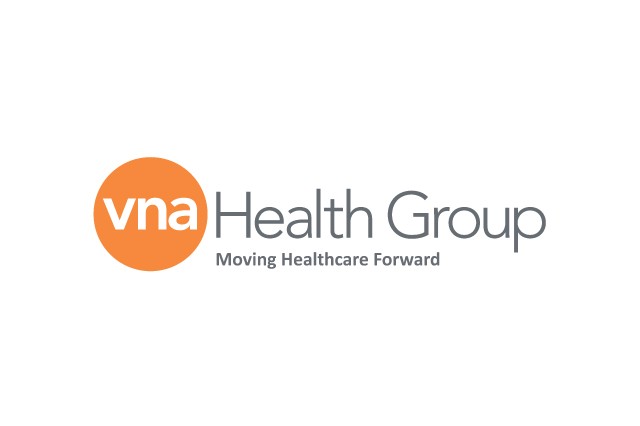6 Potential Issues of the Health Care Compliance Program
Healthcare compliance affects all types of healthcare organizations. To ensure your medical practice is following all rules, regulations and laws related to healthcare practices, a compliance program can help. Compliance programs are effective tools that help healthcare organizations maintain compliance.
However, just because you have a compliance program does not mean that you’re in the clear. There are still compliance issues that may turn up, especially in terms of patient safety and billing practices. Below are six potential issues that can happen with a healthcare compliance program and how to avoid them.
1. Procedures, policies and standards of conduct are unclear.
Too often, the policies and procedures put in place are not clearly defined. Not only should they be specific, but also they should be regularly reviewed and updated. This ensures that they are following the latest laws and regulations and helping employees to do their jobs well. Build time into your schedule each year to review all policies.
2. Training and education are not provided on a regular basis.
All members of a healthcare organization should receive training on fraud and abuse laws, as well as the healthcare compliance program. Also, training and education should be done frequently to stay on top of the current issues and trends. We recommend making education and training a mandatory part of the job.
3. Choosing the wrong committee members.
Compliance committees are responsible for prioritizing legal compliance risk areas. Unfortunately, these committees often grow too big for their own good and come in between the chief compliance officer and the executive board. Take time to hire the right compliance professionals.
4. Communication is lacking.
To build a culture of compliance, communication is key. Regular communication makes your program stick and creates a culture of compliance and ethics. And, when potential issues do arise, regular communication allows you to provide immediate guidance and direction to the appropriate teams.
5. A “set it and forget it” mentality.
Once you set up a compliance program, it cannot run itself. It needs to be regularly reviewed to ensure that your healthcare practice is following all the latest rules and regulations. This is one of the many reasons why your healthcare organization should focus on maintaining a flexible and effective compliance program.
6. Being reactive instead of proactive.
Lastly, healthcare professionals should be proactive instead of reactive. This includes all teams and departments within the organization. Keep in mind that being reactive can land you in trouble and create negative attention. Develop a method for tracking and responding to compliance issues, enforce corrective action and track the resolution of complaints.
Summary
By being aware of these six issues, your healthcare organization can put together a comprehensive and proactive healthcare compliance program. To learn more about the healthcare compliance management solutions from 1st HCC, contact our team today. Our flexible, cloud-based software solution will support you in HIPAA, OSHA, human resources compliance and fraud waste and abuse laws.



